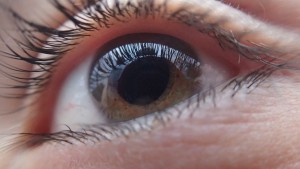Autism Interview #4: Dr. Stephen Shore on Autism and Education Part 1
Dr. Stephen Shore is a professor at Adelphi University, autism author, music teacher, and international autism speaker. He recently spoke with me about his experience living with autism and offered educational advice for autistic students. Part One of this post offers an overview of his personal schooling and suggestions for families trying to help their children transition into general education settings and get the most out of an I.E.P. conference. His answers from our interview have been transcribed below.
…









